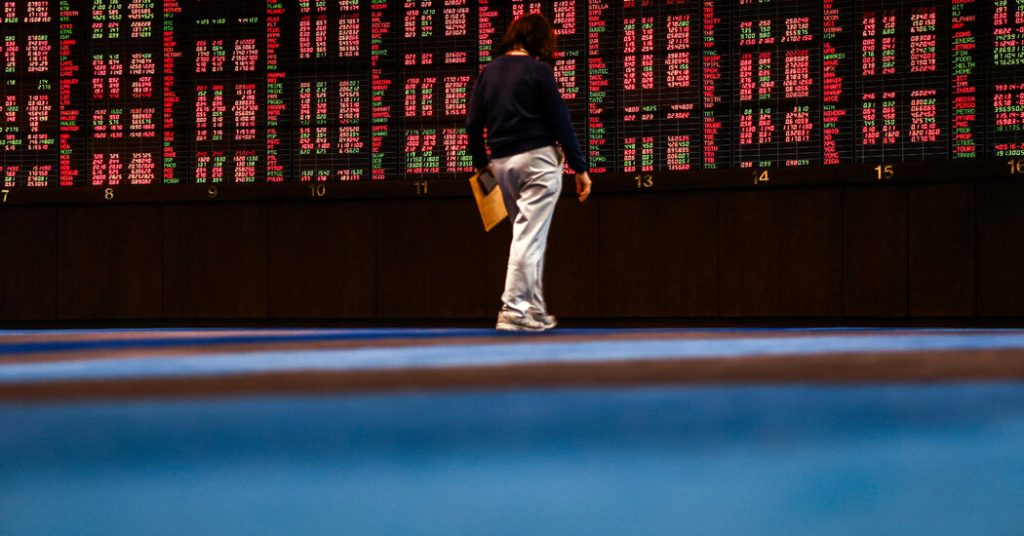The sharp sell-off in U.S. government bond markets and the corresponding rise in Trump tariffs have caused significant concern among investors. The 10-year Treasury yields reversed earlier trends, with a slight dip from 4.35% to 4.34%, and the 30-year bonds saw a slight rise from 4.74% to 4.75%. Selling pressure intensified for short-term bonds, with the two-year yield surging from 3.9% to nearly 4.1%. The U.S. bond market’s volatility has#indexced to previous periods of sustained uncertainty, with some asset managers warning of a potential “dash for cash.” This speculative move is often linked to global events, such as the “紾情” during the COVID-19 pandemic, when bond markets failed to recover.
The stronger dollar, once asafe haven, has now weakened due to increased U.S. trade tariffs, which reduced U.S. demand and increased capital outflows. Despite the dollar’s weakening, financial markets remain engaged in risk-off positions, particularly with Chinese (-G Ellis markets with a strong demand. Investors are now weighing the benefits of these moves against the costs to economic growth and global stability.
Pension funds and inflation remains a concern, as investors seek safety during times of uncertainty. The Fed’s bond buyback program has increased Treasuries’ liquidity, but their credentials as a safe haven haven have been eroded by move-shock responses. Despite this, there is some optimism, with fears that global markets may enter a new phase, especially post- Trump’s fiscal policies.
Investor sentiment is complex, with some suggesting a shift toward more cautious trading, particularly with China’s retaliatory tariffs. However, these moves have not significantly boosted U.S.eminationally, with some cautious asset managers now shifting their focus to safer options like maintained Treasuries and U.S. government bonds.
Mr. Bessent’s statement reflects a sense of uncertainty, acknowledging the sell-off but limiting it to a temporary anomaly. This skepticism is crucial as global economies face即将sctors of the financial crisis, with risks of a recession potentially growing due to sudden changes in dollar values and interest rate fluctuations.









